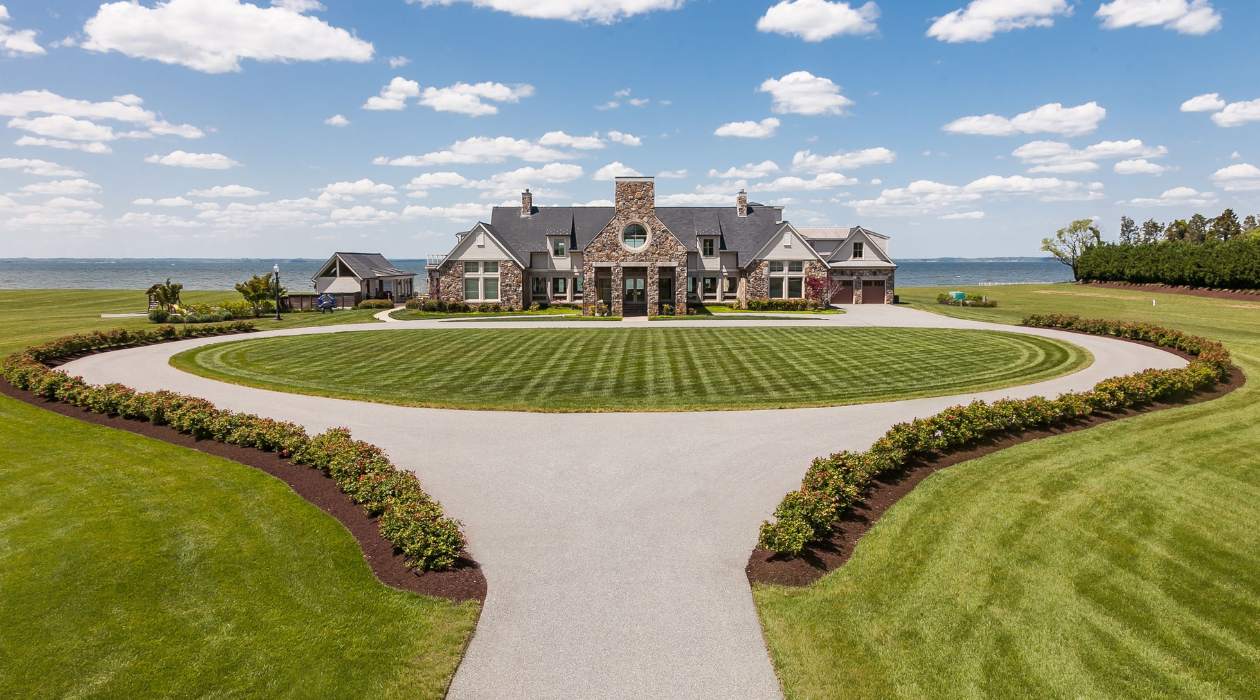

Articles
What Is A Circular Driveway Called
Modified: August 28, 2024
Discover the different types of driveways and find out what a circular driveway is called. Read informative articles on driveway designs, installation, and maintenance.
(Many of the links in this article redirect to a specific reviewed product. Your purchase of these products through affiliate links helps to generate commission for Storables.com, at no extra cost. Learn more)
Introduction
Welcome to the world of circular driveways! When you think of a beautiful, grand entrance to a property, a circular driveway often comes to mind. Also known as a roundabout driveway or a carriageway, it is a popular feature in residential and commercial properties alike. With its elegant and functional design, a circular driveway not only enhances the curb appeal but also offers a practical solution for traffic flow and convenience.
A circular driveway is a type of driveway that forms a complete loop, allowing vehicles to enter and exit the property without the need for backing up or turning around. It typically features a central island or landscape feature in the middle, which adds a touch of beauty and creates a focal point in the property’s frontage. This unique design offers numerous benefits and has become increasingly popular among homeowners and businesses alike.
So, why should you consider a circular driveway for your property? Let’s explore some of the key advantages.
Key Takeaways:
- Circular driveways, also known as roundabout driveways or carriageways, offer efficient traffic flow, enhanced curb appeal, convenience, increased property value, improved safety, and additional parking space, making them a worthwhile investment for any property owner.
- When planning a circular driveway, consider factors such as available space, traffic flow, property functionality, driveway materials, drainage, landscape integration, lighting, and local regulations. Consulting with professionals can ensure a well-planned and functional circular driveway that enhances the overall appeal and functionality of your property.
Read more: How To Store Circular Saw
Definition of a Circular Driveway
A circular driveway, also referred to as a roundabout driveway or carriageway, is a type of driveway that forms a complete loop, allowing vehicles to enter and exit a property without the need for reversing or turning around. It is characterized by its rounded shape and often features a central island or landscaping element in the middle for aesthetic appeal.
Unlike traditional straight driveways, a circular driveway offers a more elegant and functional design. It not only adds a touch of sophistication to the property’s frontage but also provides practical benefits in terms of traffic flow and convenience. The loop design allows for smooth and efficient vehicle movement, eliminating the need for complex maneuvers when entering or leaving the property.
Circular driveways can vary in size and design to suit different property layouts and architectural styles. They can be constructed with different materials, such as concrete, asphalt, pavers, or gravel, depending on the desired aesthetic and budget.
One of the defining features of a circular driveway is the central island or landscaping element. This can be a decorative feature that enhances the overall visual appeal of the driveway, serving as a focal point of the property’s entrance. It can be adorned with flowers, shrubs, or even a fountain, adding to the aesthetic charm of the driveway.
Overall, a circular driveway is a versatile and stylish option for properties that not only enhances the curb appeal but also improves traffic flow and convenience. Its unique design and functionality make it a popular choice for homeowners and businesses alike.
Benefits of a Circular Driveway
Choosing a circular driveway for your property comes with a range of benefits. From convenience and functionality to aesthetics and property value, here are some of the key advantages of having a circular driveway:
- Efficient Traffic Flow: One of the primary advantages of a circular driveway is its efficient traffic flow. With its loop design, it eliminates the need for complex maneuvering when entering or exiting the property. This is particularly beneficial in busy areas or properties with multiple vehicles, as it allows for easy access and smooth traffic movement.
- Enhanced Curb Appeal: A circular driveway adds instant curb appeal to any property. The rounded shape and central island create a visually appealing focal point, making a positive first impression on guests and visitors. It can be beautifully landscaped with flowers, shrubs, or other decorative elements, further enhancing the overall aesthetic of the property.
- Convenience and Accessibility: Since a circular driveway forms a complete loop, it offers convenient access to the property from both directions. There’s no need to back up or turn around, which saves time and effort. It also provides easy entry and exit for vehicles like RVs or trailers, as they can navigate the loop without any hassle.
- Increased Property Value: A well-designed and well-maintained circular driveway can significantly increase the value of a property. Its aesthetic appeal, functionality, and convenience are desirable features for potential buyers. This can be particularly advantageous if you plan to sell your property in the future, as it sets your home apart from others on the market.
- Improved Safety: Circular driveways often provide better safety compared to traditional straight driveways. The loop design helps to separate the driveway from the main road, reducing the risk of accidents or collisions. It also allows for better visibility when entering or leaving the property, as drivers have a clearer view of oncoming traffic.
- Additional Parking Space: Depending on the size and layout of your circular driveway, it can offer additional parking space. This is particularly useful when hosting guests or events, as it provides ample room for vehicles to park without overcrowding the main driveway or causing congestion.
These benefits make a circular driveway a worthwhile investment for any property owner. Not only does it improve the functionality and convenience of your driveway, but it also adds a touch of elegance and value to your home or business.
Common Designs and Layouts for Circular Driveways
When it comes to circular driveways, there are various designs and layouts to choose from. The right design will depend on factors such as the available space, property layout, and personal preference. Here are some of the most common designs and layouts for circular driveways:
- Classic Circular: The classic circular design features a simple, symmetrical loop shape. It is a timeless and elegant choice that works well with any architectural style. The central island can be left open or landscaped with plants, adding a touch of visual interest to the driveway.
- Double Circle: A double circle driveway consists of two concentric circles, creating a larger loop for vehicles to navigate. This design is ideal for properties with ample space and can accommodate more vehicles. It is also a popular choice for larger residential properties or commercial buildings.
- Driveway with Center Cutout: In this design, the circular driveway features a center cutout or opening in the central island. This allows for an additional parking space or creates a space for a decorative element, such as a fountain or sculpture. The center cutout adds visual interest and enhances the overall appeal of the driveway.
- Elliptical Driveway: An elliptical driveway has an elongated circular shape, resembling an oval. This design works well for properties with limited space or for those looking for a unique and contemporary look. The elongated shape allows for easier maneuvering and accommodates more vehicles compared to a traditional circular driveway.
- Split Circular Driveway: A split circular driveway has a Y or T shape, allowing vehicles to enter or exit from different directions. This design is useful for properties with multiple entry points or for enhancing traffic flow. It can create a grand entrance effect and offers an impressive visual appeal.
When choosing a design for your circular driveway, consider the overall aesthetic of your property and the functionality you desire. It’s also essential to take into account the size of the driveway, landscaping options, and any specific needs or restrictions you may have. Consulting with a professional driveway contractor can help you determine the best design and layout that suits your preferences and property.
Remember, a well-planned and well-executed design can elevate the look of your property and provide a functional and attractive circular driveway that you can enjoy for years to come.
A circular driveway is also known as a “turnaround driveway” or a “roundabout driveway.” It provides a convenient way for vehicles to enter and exit a property without the need for backing up.
Materials Used for Building a Circular Driveway
When it comes to building a circular driveway, there are various materials to choose from. The choice of materials will depend on factors such as budget, aesthetic preference, durability, and maintenance requirements. Here are some of the most common materials used for constructing a circular driveway:
- Concrete: Concrete is a popular choice for circular driveways due to its durability and versatility. It can be poured into any shape or size, allowing for custom designs. Concrete driveways are long-lasting and require minimal maintenance. They can be plain, stamped, or stained to achieve different looks, and they provide a clean and polished appearance.
- Asphalt: Asphalt is another common material for circular driveways. It is cost-effective, easy to install, and provides a smooth and attractive surface for vehicles. Asphalt driveways offer flexibility, as they can accommodate various shapes and designs. Regular sealing and maintenance can ensure their longevity.
- Pavers: Pavers are a popular choice for creating a unique and visually appealing circular driveway. They come in various shapes, colors, and textures, allowing for endless design possibilities. Pavers are durable and can withstand heavy traffic. They also offer easy repair and replacement, as individual pavers can be lifted and replaced if needed.
- Gravel: Gravel driveways have a rustic charm and are a budget-friendly option. They are easy to install and allow for good drainage. Gravel driveways can be a great choice for properties with a more relaxed or rural aesthetic. Regular raking and replenishing of gravel may be required to maintain the appearance and functionality of the driveway.
- Cobblestone: Cobblestone driveways exude elegance and timeless beauty. They are known for their durability and can withstand heavy traffic. However, cobblestone driveways require professional installation and regular maintenance to keep the stones in place and prevent weed growth. The unique texture and pattern of cobblestones can enhance the overall aesthetic of the circular driveway.
When selecting the material for your circular driveway, consider factors such as the desired aesthetic, durability, maintenance requirements, and budget. It’s also important to choose a reputable contractor who has experience working with the chosen material to ensure proper installation and longevity of the driveway.
Remember, the material you choose will not only impact the appearance of your circular driveway but also its longevity and functionality. Make a well-informed decision to create a drivewa
Read more: What Size Blade Does A Ryobi Circular Saw
Factors to Consider When Planning a Circular Driveway
Planning a circular driveway for your property requires careful consideration of various factors to ensure a well-designed and functional result. Here are some key factors to keep in mind during the planning process:
- Available Space: Evaluate the available space on your property to determine the size and layout of your circular driveway. Consider factors such as the property’s frontage, setbacks, and any existing structures or landscaping that may impact the design.
- Traffic Flow: Assess the traffic flow on and around your property. Consider the number of vehicles that will use the driveway regularly and whether any additional parking or turning areas are required. Design the circular driveway to provide convenient access and easy maneuverability for all vehicles.
- Property Functionality: Consider how the circular driveway will fit into the overall functionality of your property. Take into account factors such as the location of the main entrance, the proximity to the garage or carport, and any other features you may need, such as a drop-off zone or a separate entry for staff or guests.
- Driveway Materials: Choose the appropriate materials for your circular driveway based on factors such as durability, maintenance requirements, and aesthetics. Consider your budget and consult with a professional to determine the best material option for your specific needs.
- Drainage: Ensure proper drainage is incorporated into the design of your circular driveway. Poor drainage can lead to water pooling, erosion, and potential damage to the driveway over time. Plan for appropriate slopes, drainage channels, or the use of permeable materials to promote efficient water runoff.
- Landscape Integration: Take advantage of landscaping opportunities to enhance the visual appeal of your circular driveway. Incorporate plants, flowers, or decorative features in the central island or along the edges to create a cohesive and attractive design. Consider the maintenance needs of the landscaping elements and choose plants that can withstand vehicle traffic.
- Lighting: Think about the lighting requirements for your circular driveway. Install proper lighting to ensure safety and security, especially during nighttime arrivals and departures. Consider options such as pathway lights, decorative lights, or motion sensor lights to provide illumination along the driveway.
- Local Regulations: Familiarize yourself with any local regulations or building codes that may apply to the construction of a circular driveway. Check for any permits or approvals required and ensure that the design and dimensions comply with the guidelines set by your local municipality or homeowners’ association.
Consulting with a professional driveway contractor or landscape designer can help you navigate these factors and ensure a well-planned and functional circular driveway. They can provide expert advice and help you create a design that meets your needs and fits harmoniously with your property.
By considering these factors during the planning phase, you can achieve a beautiful and practical circular driveway that enhances the overall appeal and functionality of your property.
Maintenance and Care for a Circular Driveway
Once your circular driveway is built, it’s important to establish a regular maintenance routine to keep it in top condition. Proper maintenance and care will not only extend the lifespan of your driveway but also preserve its aesthetic appeal. Here are some essential maintenance tips to consider:
- Regular Cleaning: Clean your circular driveway regularly to remove dirt, debris, and stains. Use a broom or a leaf blower to clear away leaves, twigs, and other loose debris. For stubborn stains, consider pressure washing or using a specialized driveway cleaner. Avoid using harsh chemicals that can damage the surface or surrounding landscaping.
- Repair Cracks and Potholes: Inspect your circular driveway regularly for any cracks, potholes, or signs of damage. Address these issues promptly to prevent them from worsening. Small cracks can be repaired with a crack filler or sealant, while larger cracks or potholes may require professional repair. Regular maintenance can help prevent costly repairs in the future.
- Seal Coating: Consider applying a seal coat to your circular driveway every few years. Seal coating helps protect the surface from UV rays, water damage, and stains. It also enhances the driveway’s appearance, giving it a fresh and rejuvenated look. Consult with a professional to determine the best time and frequency for seal coating based on the driveway material used.
- Weed Control: Keep an eye out for weeds and vegetation growing through the cracks or edges of your circular driveway. Regularly remove any weeds and apply a weed killer solution to prevent their regrowth. Be cautious when using weed killers near plants or grass adjacent to the driveway.
- Snow and Ice Removal: During winter months, proper snow and ice removal is crucial for the safety and functionality of your circular driveway. Use a snow shovel or snowblower to clear away snow, and apply ice melt or sand to prevent slippery conditions. Avoid using metal shovels or sharp objects that can damage the driveway surface.
- Avoid Heavy Loads: Be mindful of heavy vehicles or equipment on your circular driveway, as they can cause damage or premature wear. Avoid parking heavy trucks or machinery for extended periods and consider placing additional support or reinforcement in areas prone to heavy traffic.
- Regular Inspection: Conduct regular inspections of your circular driveway to identify any issues early on. Check for any signs of cracking, sinking, or shifting. Inspect the drainage channels, edges, and any landscaping features for damage or potential risks. Address any concerns promptly to prevent further damage.
- Professional Maintenance: When in doubt or faced with significant damage or maintenance needs, consult with a professional driveway contractor or maintenance service. They have the expertise and knowledge to assess and address any complex issues, ensuring proper care and maintenance of your circular driveway.
By following these maintenance tips and establishing a regular care routine, you can keep your circular driveway in excellent condition and enjoy its functionality and visual appeal for many years to come.
Conclusion
A circular driveway is not only a practical addition to your property but also a beautiful feature that enhances its curb appeal. With its efficient traffic flow, convenient access, and stunning design, a circular driveway offers numerous advantages for homeowners and businesses alike. It provides a grand entrance, improves safety, and adds value to your property.
When planning your circular driveway, consider factors such as available space, traffic flow, and desired materials. Choose a design that complements your property’s architectural style and landscape. Whether you opt for classic concrete, sleek asphalt, elegant pavers, or rustic gravel, select a material that suits your budget and maintenance preferences.
Maintaining your circular driveway is crucial to protect your investment and preserve its beauty. Regular cleaning, repairing cracks, seal coating, and weed control are essential maintenance tasks. In winter, proper snow and ice removal practices should be followed. Additionally, regular inspections help identify and address any issues before they worsen.
Remember, consulting with professionals, such as driveway contractors or landscape designers, can guide you through the planning, construction, and maintenance processes, ensuring a successful circular driveway project.
In conclusion, a well-designed and well-maintained circular driveway offers convenience, safety, and visual appeal. It creates a welcoming entrance that reflects the pride you have in your property. So, embrace the elegance and functionality of a circular driveway, and enjoy the benefits it brings to your everyday life.
Ready to transform your outdoor spaces? Dive into our collection of the 40 best garden fence ideas that infuse charm and privacy into any yard. From classic wood panels to modern metal options, these designs cater to all tastes and budgets. Additionally, spruce up your front yard with creative mailbox landscaping ideas. These easy enhancements add curb appeal and welcome guests with style.
Frequently Asked Questions about What Is A Circular Driveway Called
Was this page helpful?
At Storables.com, we guarantee accurate and reliable information. Our content, validated by Expert Board Contributors, is crafted following stringent Editorial Policies. We're committed to providing you with well-researched, expert-backed insights for all your informational needs.
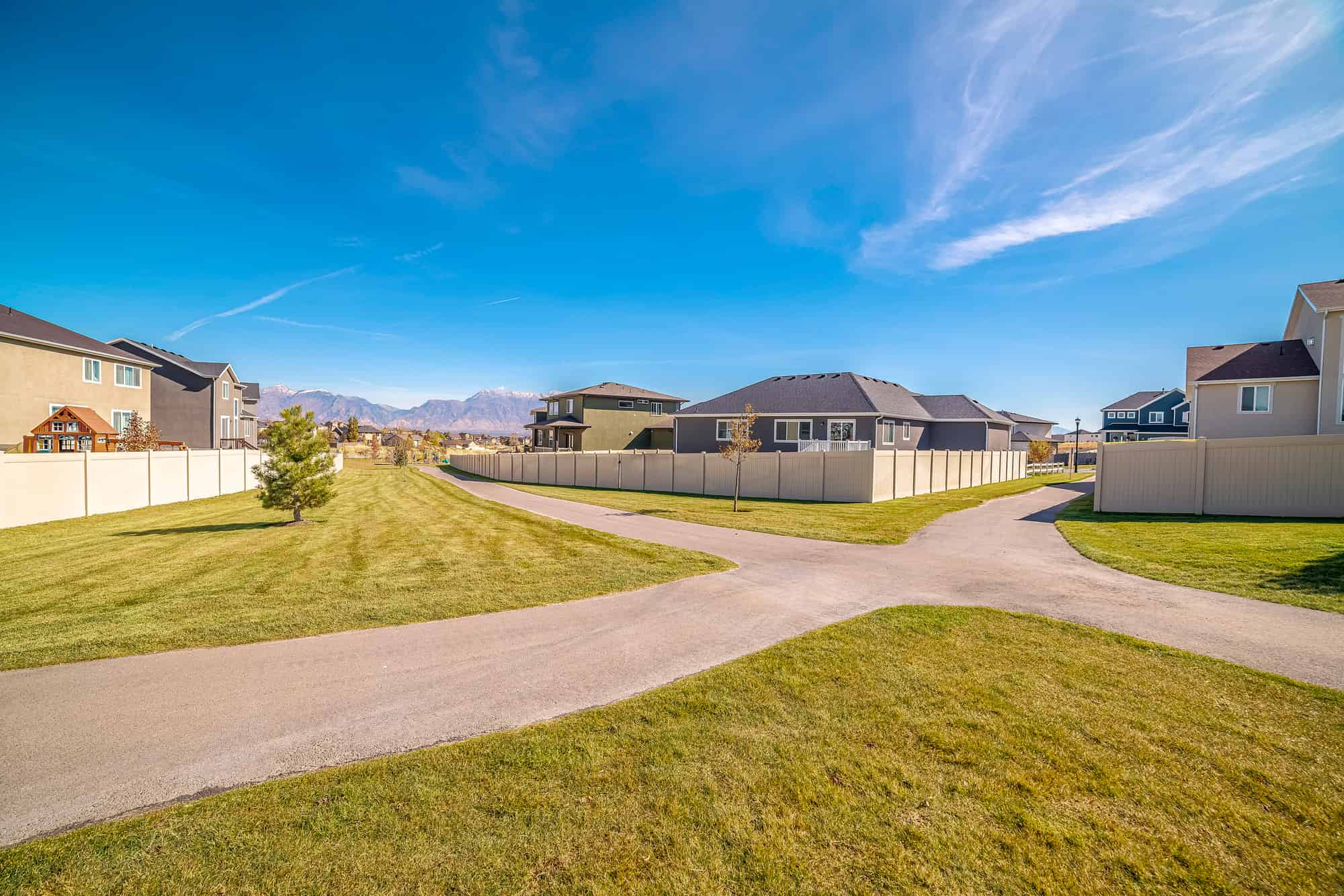
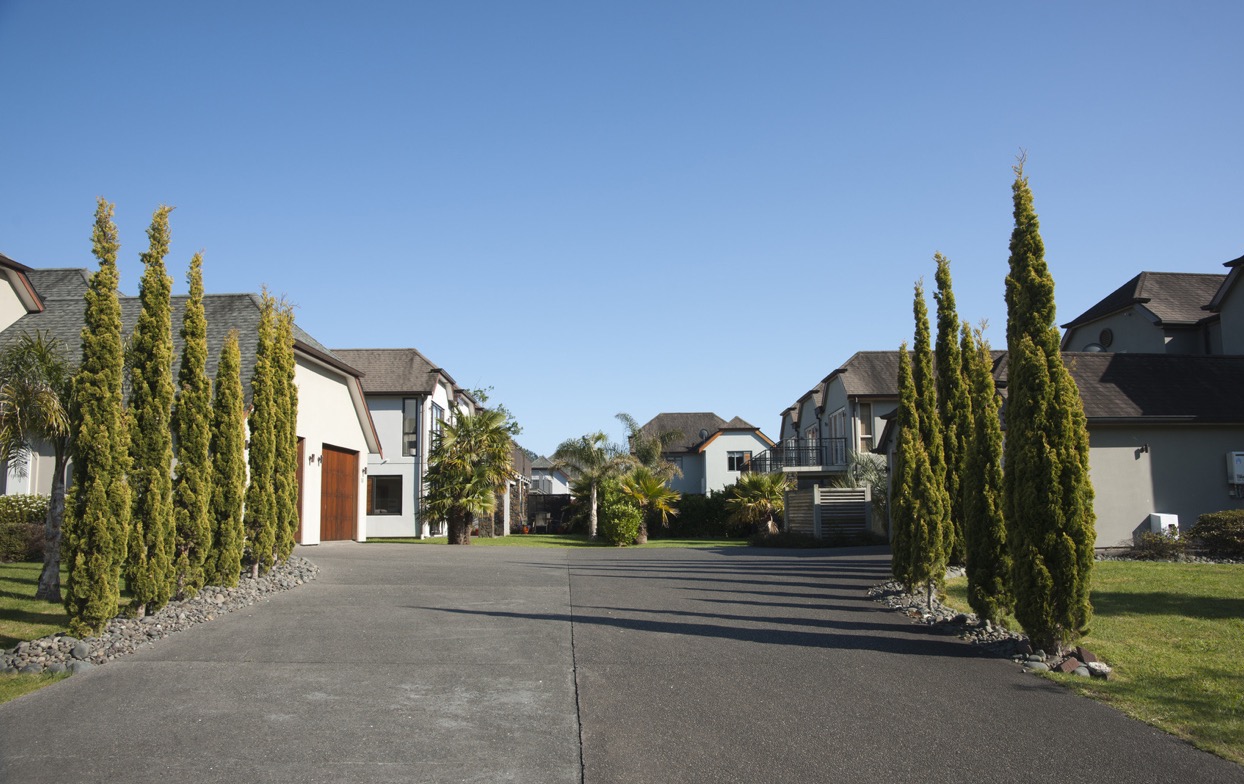
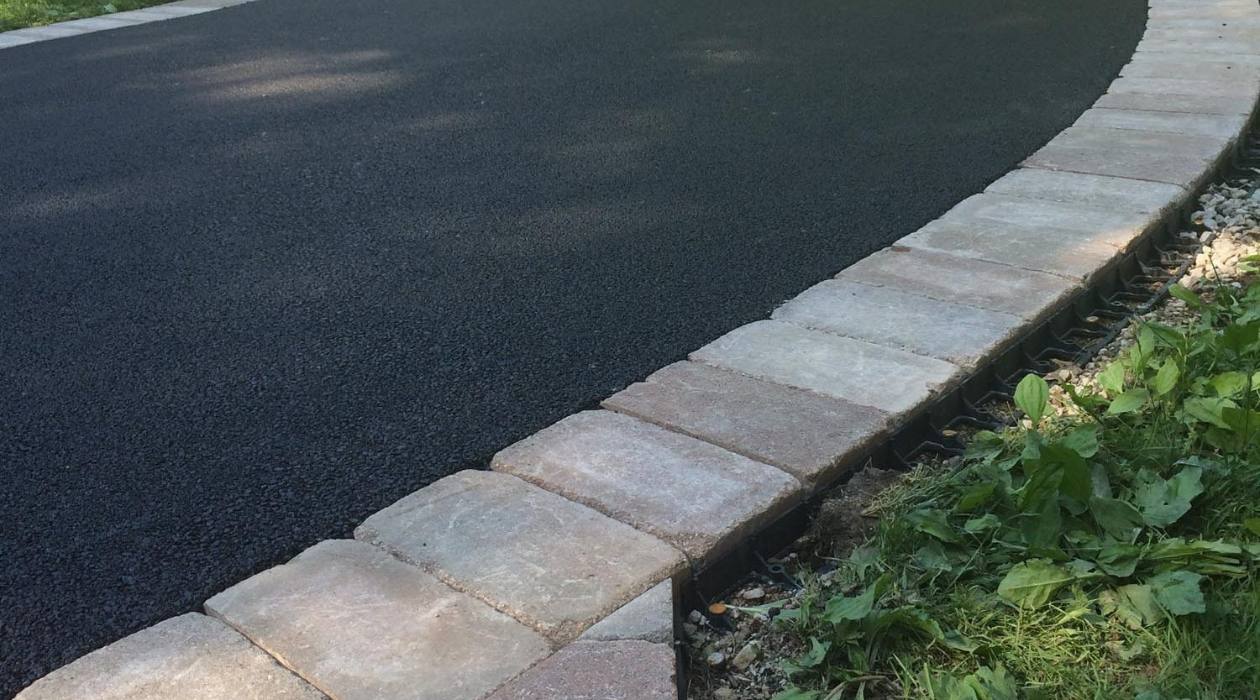
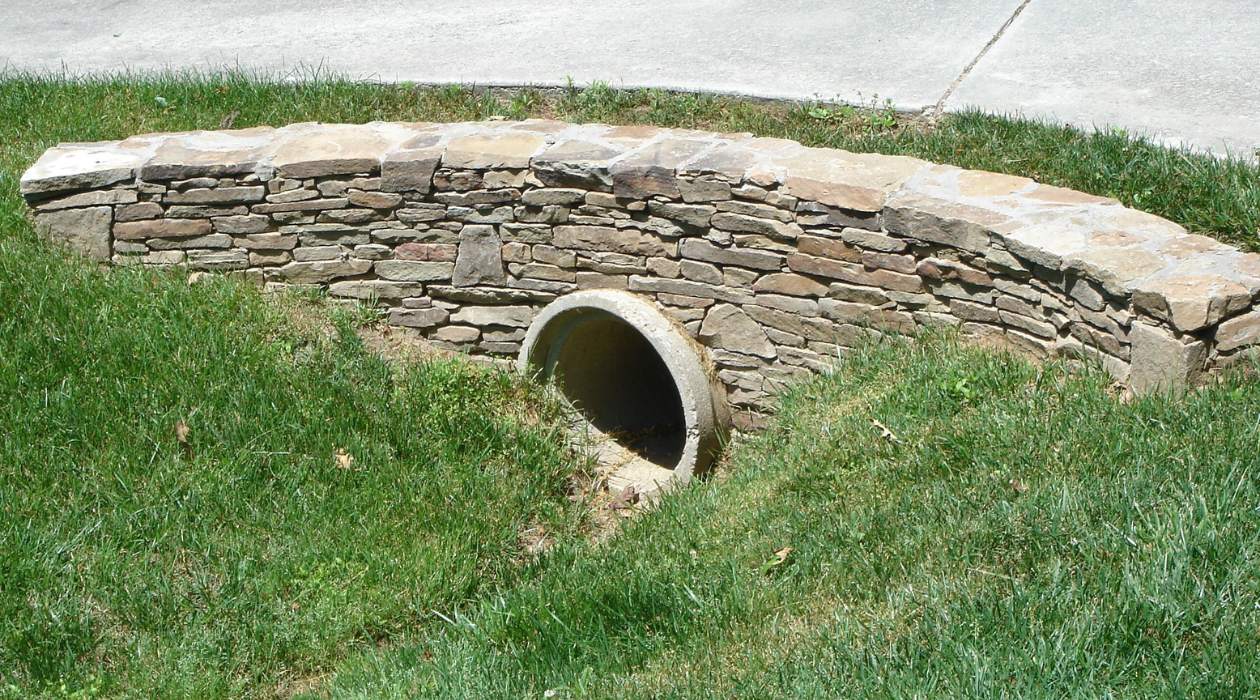
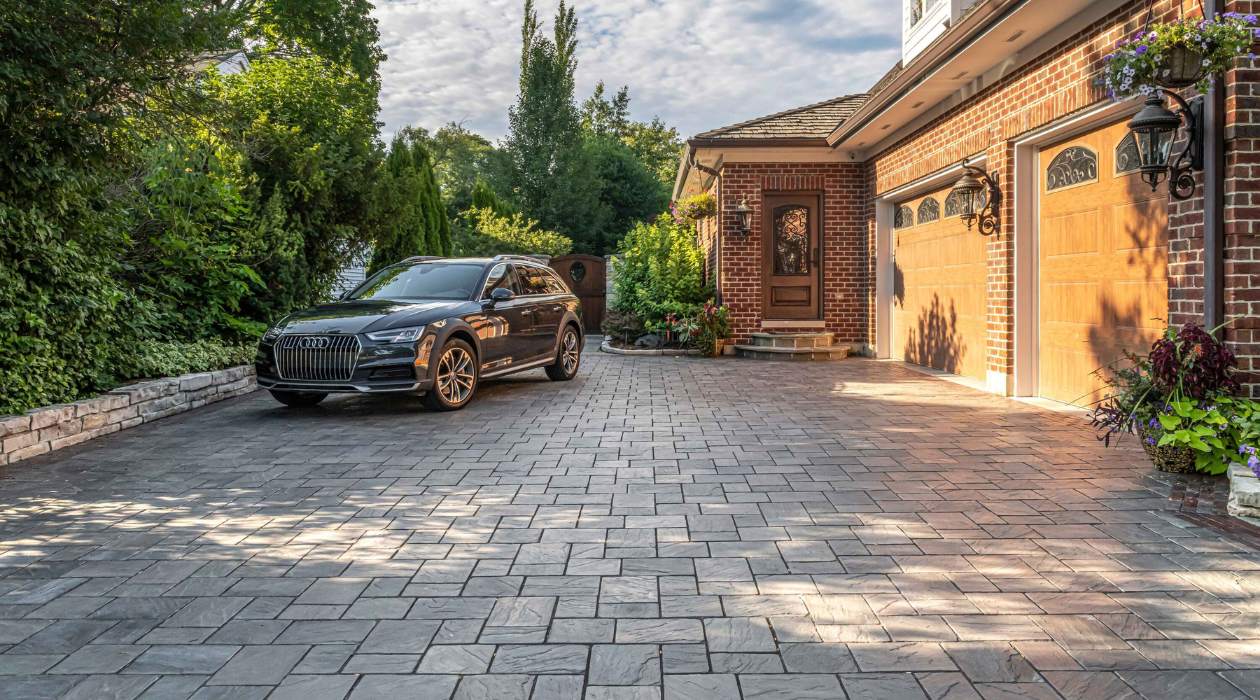
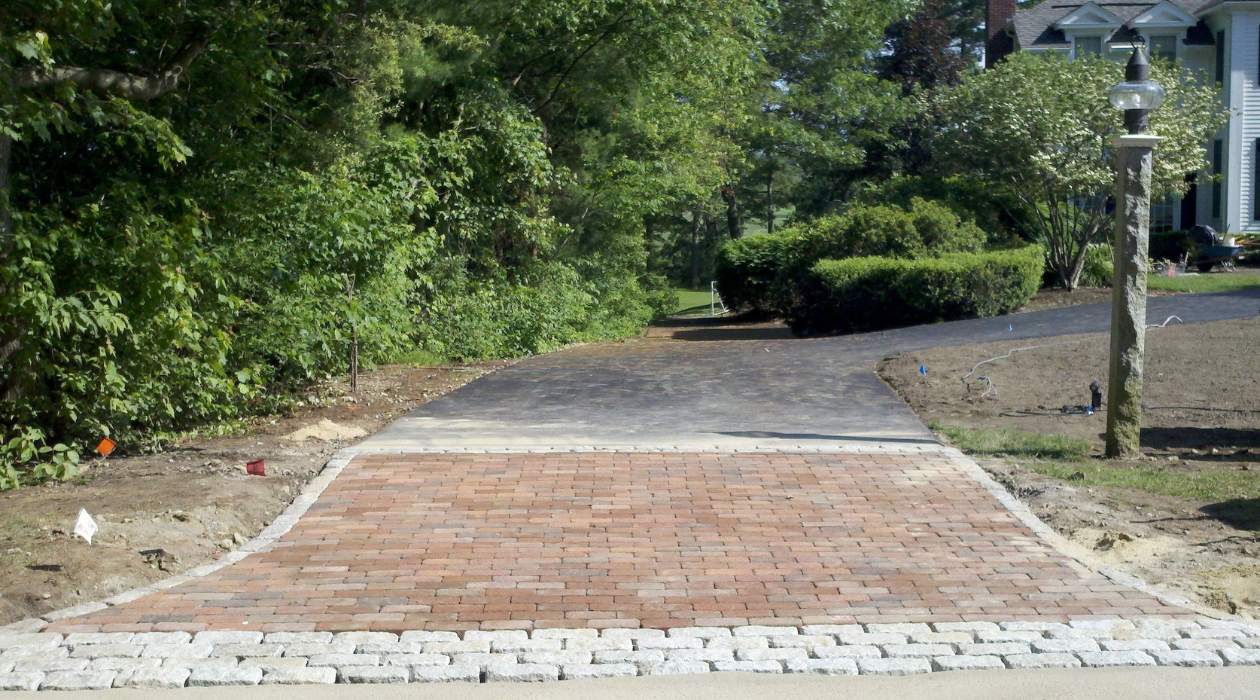
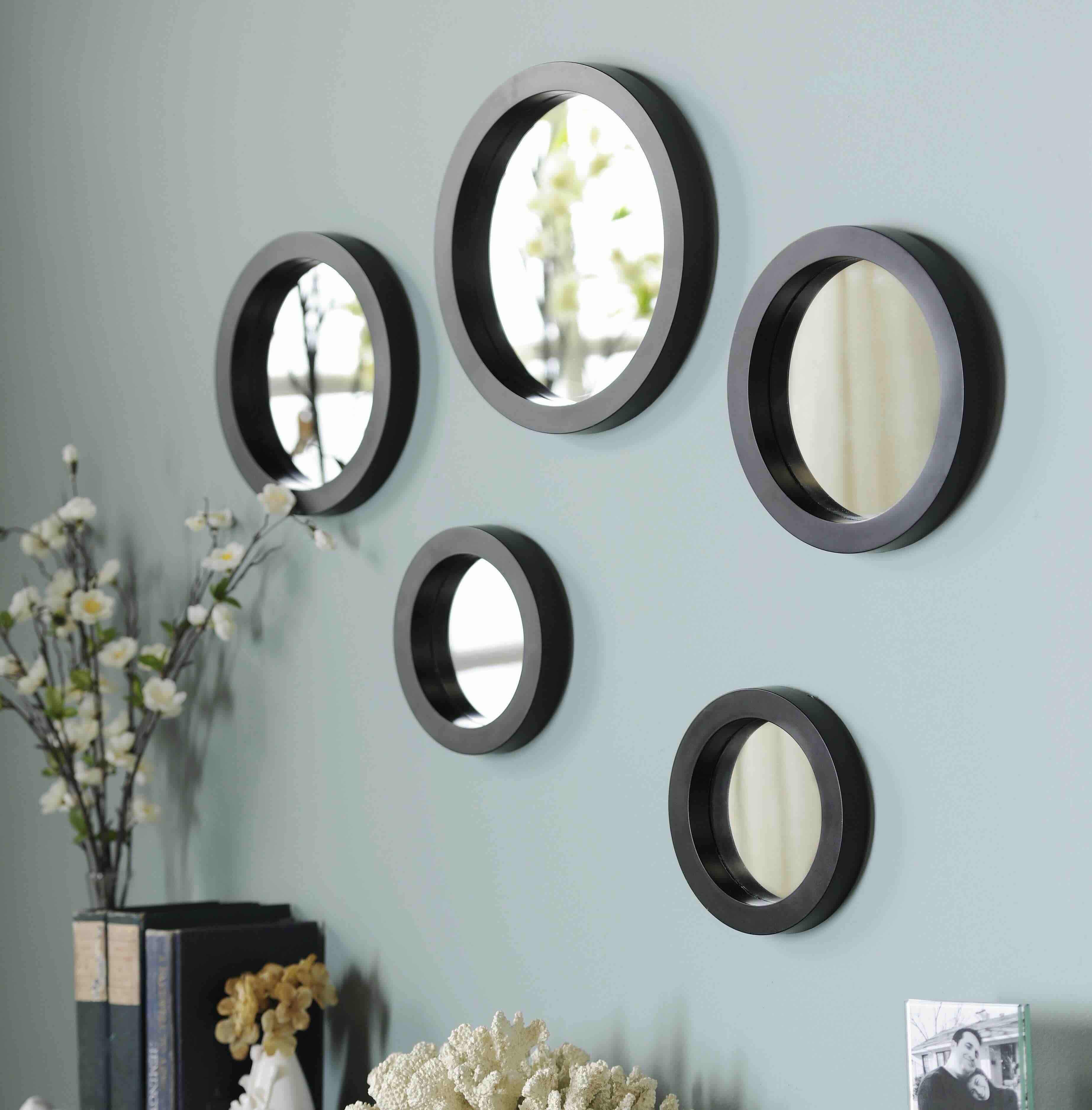
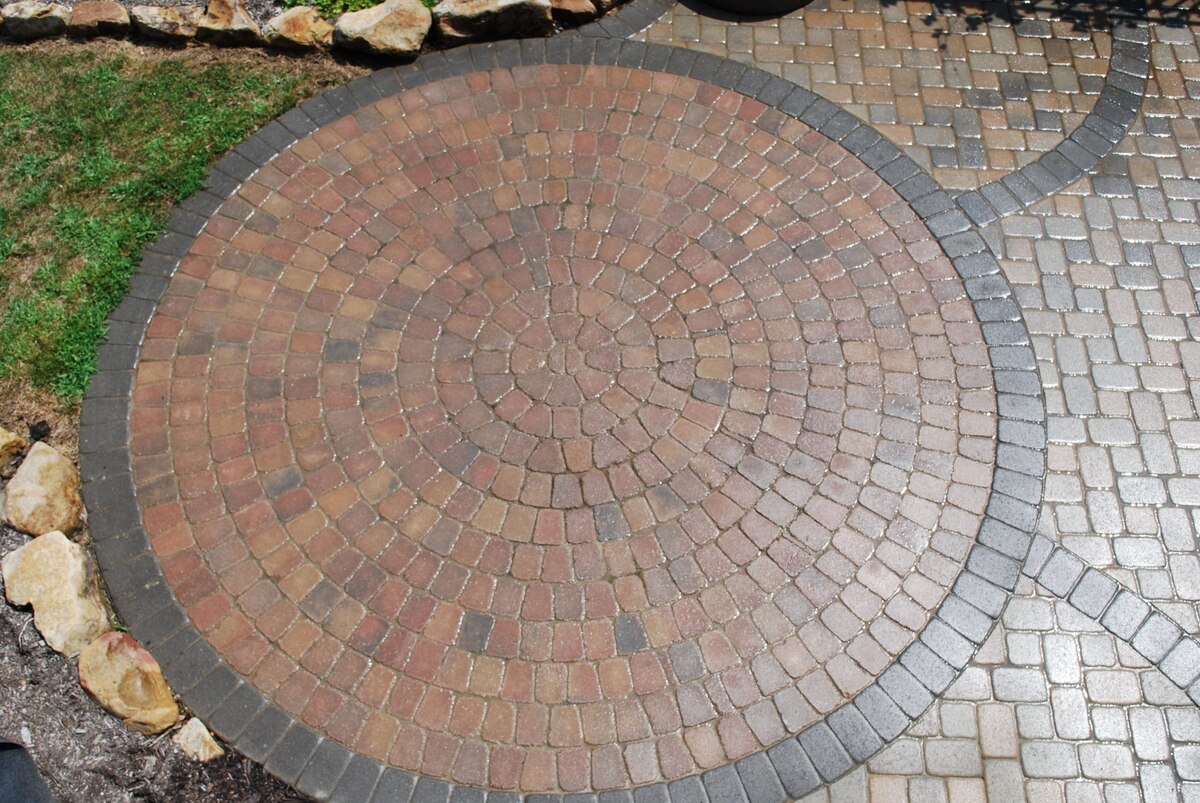
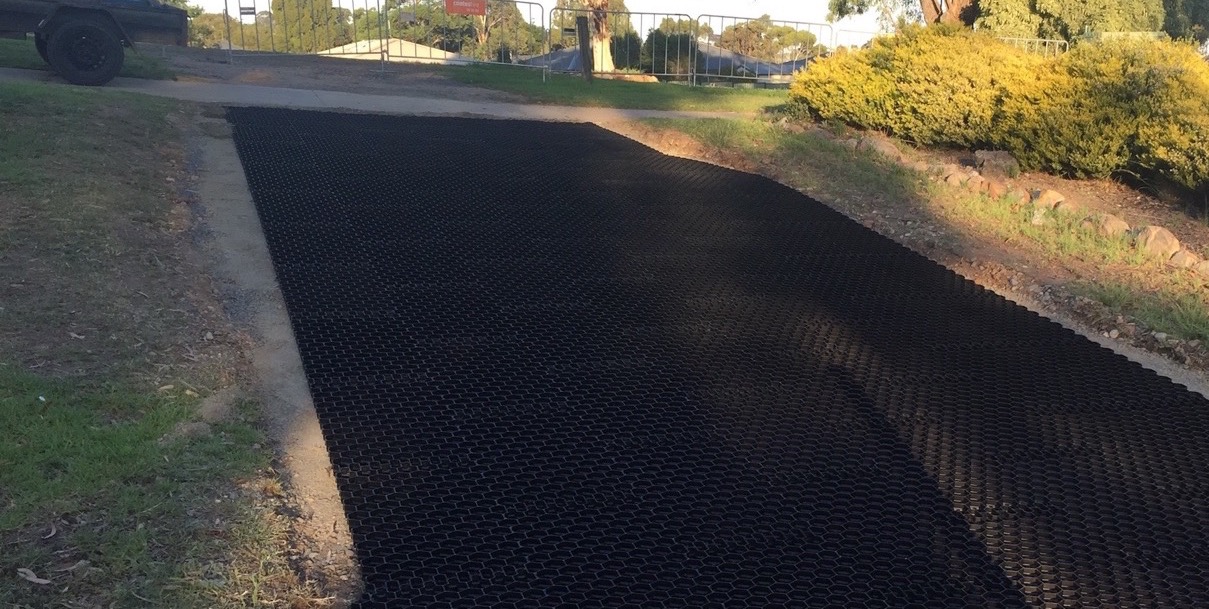


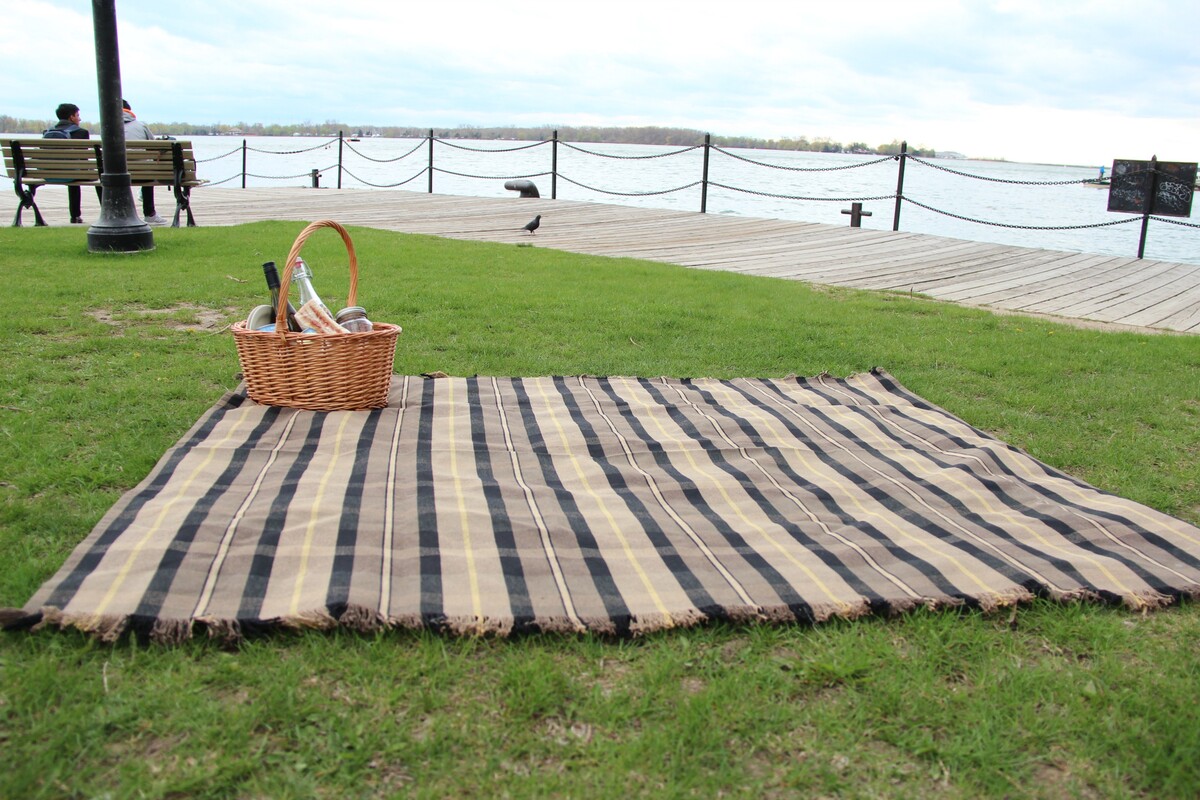
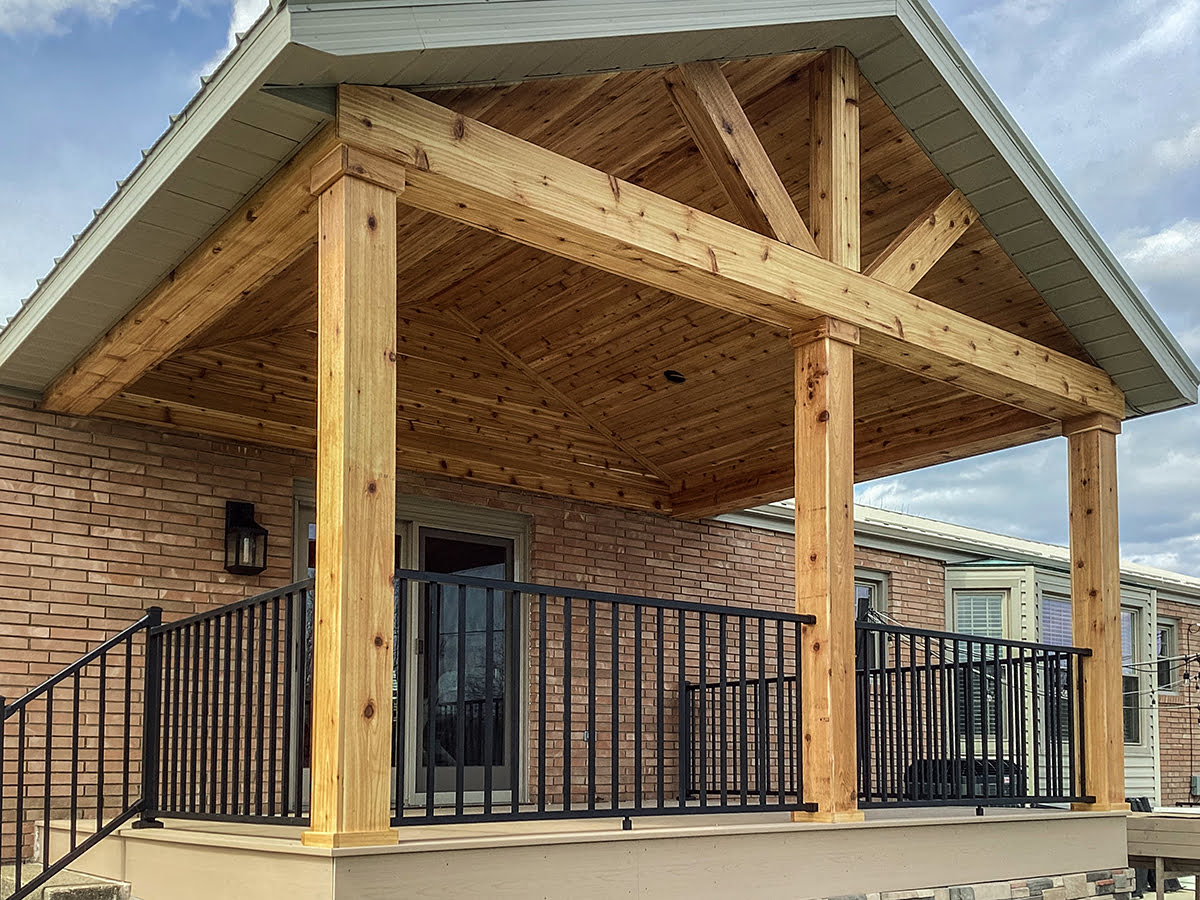
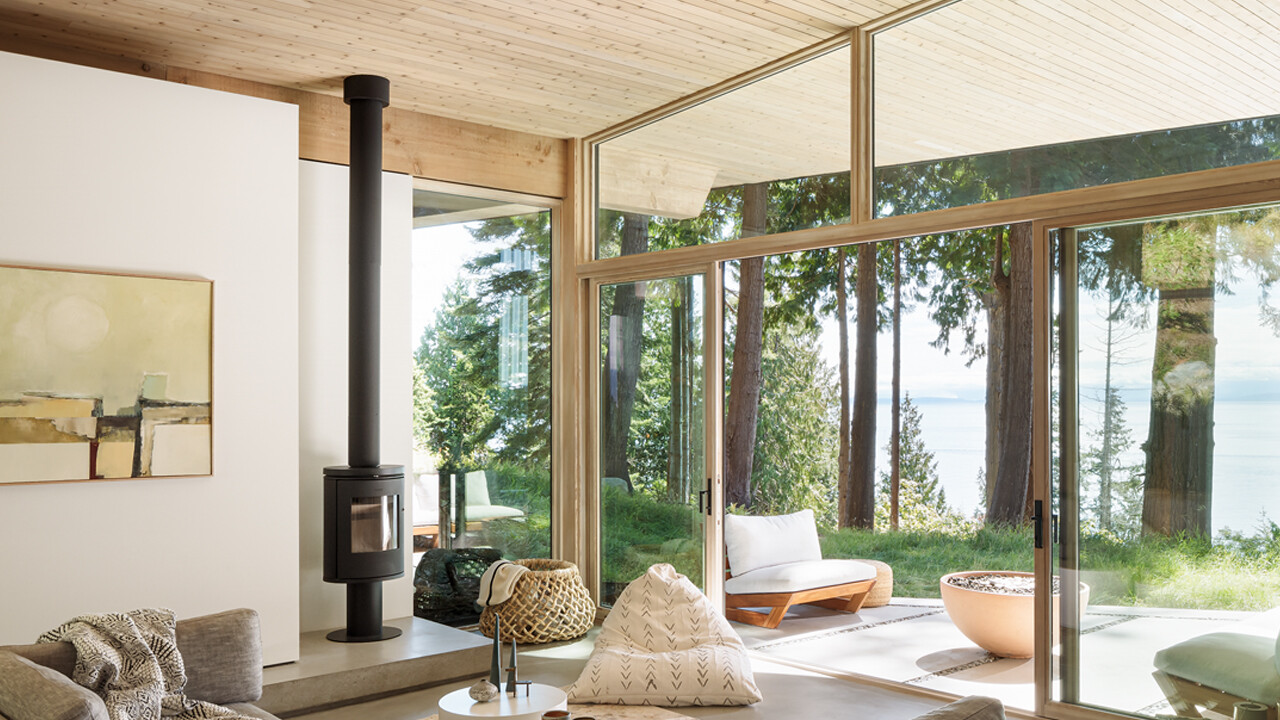

0 thoughts on “What Is A Circular Driveway Called”